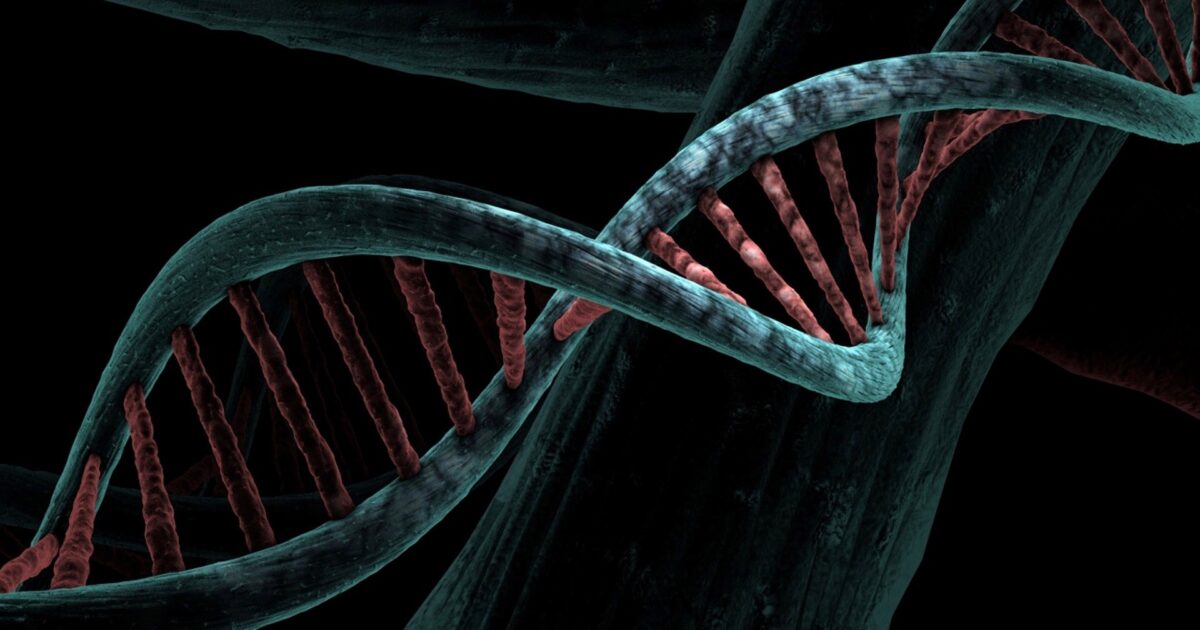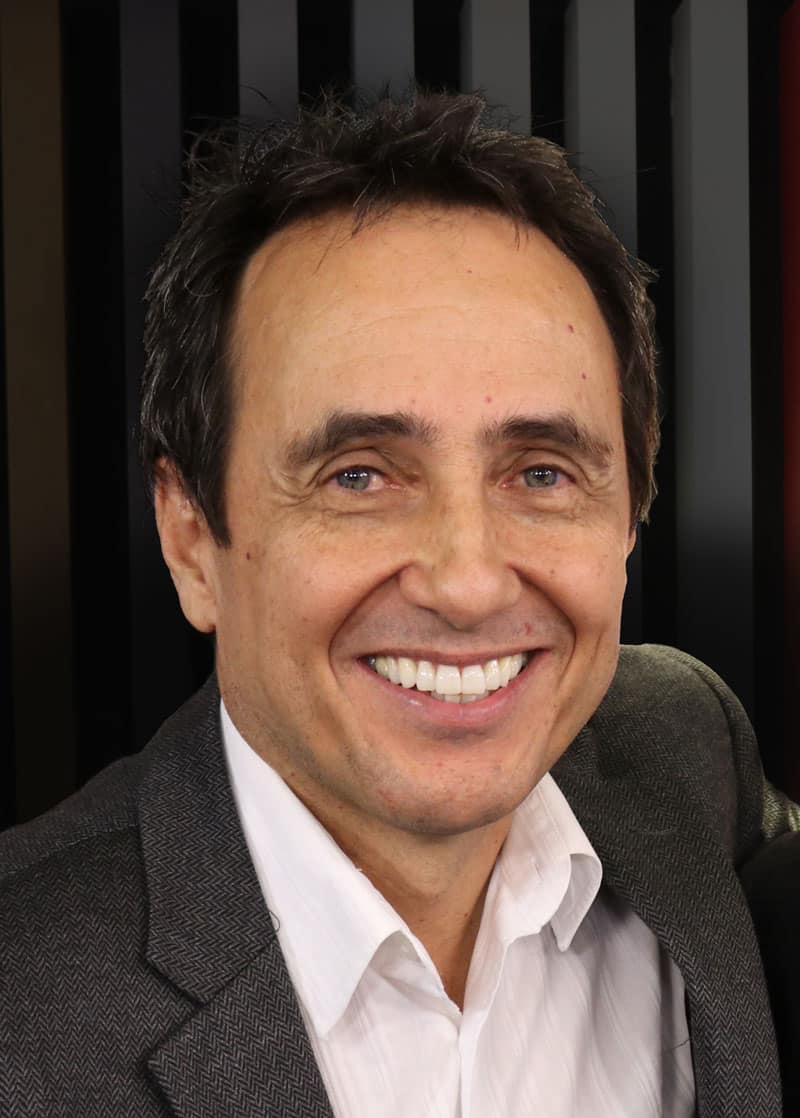 Faith & Science
Faith & Science
 Intelligent Design
Intelligent Design
Mimesis and the Reception of Intelligent Design Theory

I have been writing about French philosopher René Girard’s idea of mimetic behavior, including in the scientific community (here, here). Closest to home for me is the treatment of intelligent design scientists. Now watch your own reaction. What went through your mind at the mention of intelligent design?
Intelligent design proposes that some things in the universe give the appearance of having been designed for a purpose by an intelligence. Note that intelligent design theorists do not say that everything necessarily points to design, but that some processes certainly do. Nor do they say that everything is designed; natural processes like evolution may have a role to play. And yet, to get the whole thing rolling, there had to be a designer.
And some things in nature point to an intelligence outside of nature: the Big Bang, the instant of creation, was the beginning of all space, time, and matter/energy. None of these things existed before, yet at the moment of the Big Bang, the moment of creation, the universe exploded into being. Suddenly matter, space, time, and energy existed. To permit life, the constants of the universe, such as the strength of gravity, or the strong and weak nuclear forces had to have exactly the right values for life to exist. The universal constants that created the conditions for life had to be fine-tuned in advance. If the constants were wrong, the Big Bang would produce a universe that would collapse on itself or expand too fast, or galaxies would never form. Or the the elements might not form because there were no stars to form them. Nothing except a pre-existing intelligence — necessarily outside of nature, therefore supernatural — could fine-tune anything at the Big Bang. This being is evidently eternal because it exists outside time; there was no time before the instant of the Big Bang. It has no material corporality, because there was no matter at all before the instant of the Big Bang. There was no matter, no time, no space, no energy, and no fluctuating vacuums.
So the universe came into existence at the Big Bang about 14 billion years ago. About 4 billion years ago, the planet Earth formed, and 3.3 billion years ago, the first living things appeared, recorded as fossilized stromalites, which are believed to be algal mats made up of cells of some sort.
Where Did They Come From?
It had to be some sort of intelligent designer, probably the same one that fine-tuned the universe. I will show you why an intelligent designer is needed.
A cell must have proteins to exist. Where did the first proteins come from before there were ribosomes? Stop. What is a ribosome and why is it needed?
Ribosomes are molecular machines made of about 70 proteins and 3 long RNAs in modern bacterial cells. They accomplish the synthesis of proteins, using mRNA transcripts that have been copied from DNA, and amino acids. To assemble a ribosome, a sophisticated multistep process that uses helper proteins is necessary.
In ancient cells, ribosomes could have had between 33 and 50 proteins. Having 33 proteins in a ribosome is marginal because the smallest known cells today live inside other cells, and their ribosomes don’t have to work well; they live in optimal conditions where most things are provided for them. These minimal ribosomes with 33 proteins don’t work well.
Did ribosomes randomly assemble from 33 to 50 different proteins? No. First, these proteins would have to be made without ribosomes. To make a protein is hard to do. Very hard. Imagine amino acids as balls with 3 or more protrusions sticking from them, each protrusion with superglue on it. Put them in a box and shake them. The balls will stick together in nice orderly chains of 50 or so amino acids, right? Of course not. What they will do is stick to each other in haphazard clumps. Amino acids are sticky and will react with each other in a variety of random ways. To facilitate amino acids sticking together in the right way, you need a ribosome.
Now that you have been extremely lucky and have made all the proteins you need, the ribosome must be assembled. The ribosomes in the first cells would have to assemble from random proteins, not finely adapted ones, and with no help. Random proteins glued together do not a ribosome make.
For the Sake of Argument
But for the sake of argument, assume that there are ribosomes to assist in making proteins. There must also be transcripts that specify each protein’s amino acid order or “sequence.” Proteins can’t have their amino acids in just any order. The sequence or order of amino acids is what gives a protein its function. But to have transcripts carrying information about a functional protein there must be a way to remember the sequence of each protein. In modern cells, the DNA stores the information for all the proteins, plus many other things, which I won’t discuss. I don’t intend to give a full course in cell biology, but if you are interested, I recommend getting a good book and reading about it. Foresight, by Marcos Eberlin, would be a beginning. It will blow your mind.
To sum up, in the first cell, proteins would have to randomly assemble without ribosomes to help. Then it would be necessary to randomly assemble the ribosome using these same randomly assembled proteins. Only then, when the first impossible random ribosome happened, could amino acids be reliably assembled into protein. There still would be little for natural selection to improve, because at this stage there would be little if any function and there would be no heredity.
Later, when there might be some means of storing information, there might be natural selection. Natural selection requires there be some means of heredity. But if you think proteins and the ribosomes are complicated, the genetic code is far worse. Heredity requires two things: the ability to reliably build proteins using a template, which requires ribosomes, and the ability to code and decode using a whole system of storing, coding, and decoding information. You can’t build a functioning first cell without an intelligent designer because the only thing available without a designer at the beginning is randomness. It just won’t work. Natural selection can’t work until there is something functional enough to select, and without guidance it cannot happen. A supernatural intelligent designer could, however, make sure things happened as they needed to.
But who or what is that designer? I’ll conclude tomorrow by suggesting my own answer.

